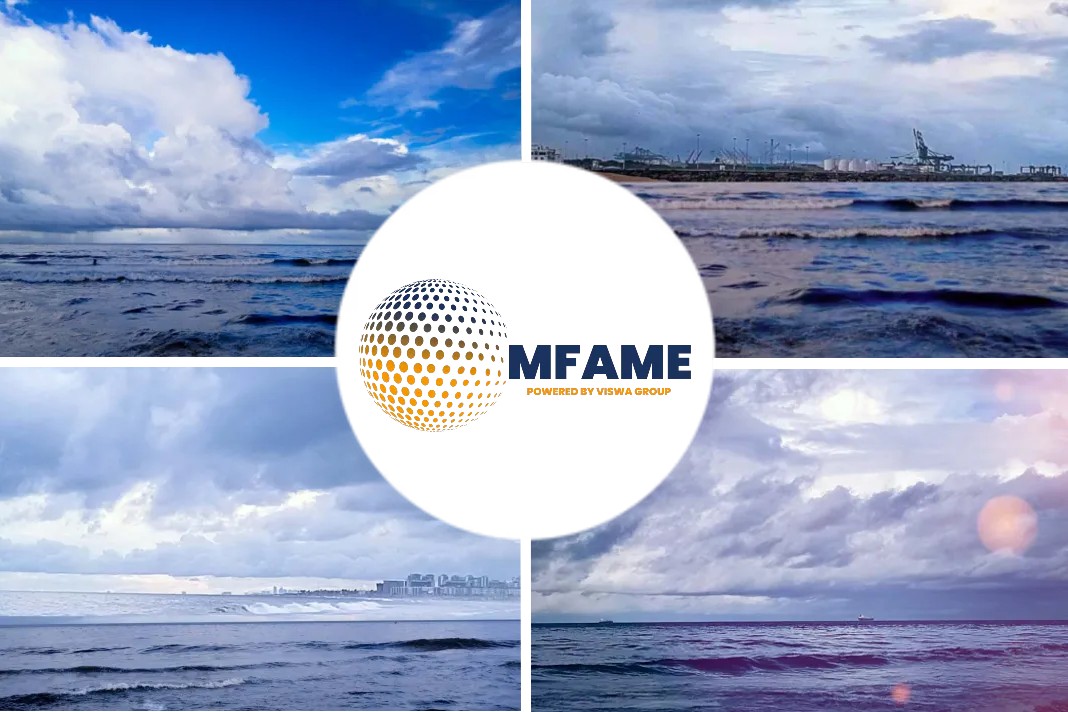- Ships will be banned from burning or using HFO in Arctic waters under a newly agreed regulation, but with loopholes giving most polluters a pass until 2029.
- The decision came several days after countries attending the IMO meeting agreed to a controversial package of energy efficiency measures.
- Campaigners say both measures fall far short of both the IMO and Paris Agreement goals to reduce emissions and limit global warming.
- Finland, Germany, Iceland, the Netherlands, New Zealand, Norway, Sweden, and the US proposed the ban to protect the fragile Arctic region from oil spills.
The United Nations shipping agency approved a ban on the use of heavy fuel oil in the Arctic region in a move criticized by green groups which said loopholes will allow many vessels to keep sailing without enough regulatory control, reports Reuters.
Ban on heavy fuel oil
Antarctic waters are protected by stringent regulations, including a ban on heavy oil fuel (HFO) adopted in 2011, even though no cargo moves through the turbulent southern waters. For the Arctic, the rules have been looser.
In a virtual session of its Marine Environment Protection Committee (MEPC) the UN’s International Maritime Organization (IMO) approved a ban on the use of HFO and its carriage for use by ships in Arctic waters after July 1, 2024.
The Clean Arctic Alliance coalition described the regulations as “outrageous” as it included exemptions and waivers, which would mean a complete HFO ban would only come into effect in mid-2029.
“In its current form, the ban will achieve only a minimal reduction in HFO use and carriage by ships in the Arctic in mid-2024,” said Sian Prior, lead advisor to the Clean Arctic Alliance. “The ban … will mean that a full three-quarters of the ships using HFO today will be eligible for an exemption.”
Chance for exemption on the rise
If the newly approved ban had been in place in 2019, around 75% of ships running on HFO would have been allowed to continue using the fuel in the Arctic, according to a study published by the ICCT in September.
Between 2015-2019, HFO use increased by 75%, according to the ICCT study. If the fleet continues to grow, the numbers of oil tankers and bulk carriers that qualify for an exemption would increase “and the effectiveness of the ban would be further eroded,” Comer and his co-authors warned.
“The IMO have chosen to kick the can 10 years down the road,” John Maggs, president of the Clean Shipping Coalition and senior policy advisor at Seas at Risk, told Climate Home. “They are good at creating the impression that they are doing something, but when you look closely, you discover that it is not going to change for years,” he said.
In a speech to meeting attendees, Maggs stressed that it was misleading to refer to the new policy as a ban.
“It will inevitably cause widespread confusion, with the wider world assuming that a ‘ban’ stops HFO being used in the Arctic when actually in the mouth of the IMO it only means a modest and likely temporary reduction in its use for the first ten years,” he said.
“There are so many caveats in the ban, it is basically meaningless,” Dr Sian Prior, lead advisor to the Clean Arctic Alliance, which campaigns to ban HFO in the Arctic, told Climate Home News.
All ships with a protected fuel tank located inside the double hull are automatically exempt and any bearing the flag of one of the five Arctic coastal states can apply for a waiver, Prior said.
Ships to be issued waivers
In a concession to Russia, the IMO allowed Arctic coastal nations to apply for a waiver when operating in their own waters. Russia argued that a complete ban would “negatively impact the local communities and industries of the region” who rely on ships to receive food, fuel and goods. In 2019, 366 ships would have been eligible for a waiver, including 325 bearing Russian flags, according to the ICCT.
The regulation does not include any concrete measures to tackle black carbon pollution, said Prior. When burned, HFO emits black carbon – a pollutant that absorbs sunlight and traps heat in the atmosphere, contributing to global warming. It will only lead to a 5% reduction in black carbon emissions, according to the ICCT study.
Oil spills pose another serious environmental concern. If HFO ends up in the water, it is extremely difficult to clean up. “HFO is very heavy and forms an emulsion in water – you end up with 10 times the volume,” said Prior.
An IMO spokeswoman said there would be an exemption for ships with oil fuel tanks located inside their double hull. There would also be a provision allowing countries with coastlines bordering Arctic waters to issue waivers to ships flying their flag while they operate there until July 1, 2029.
Did you subscribe to our daily newsletter?
It’s Free! Click here to Subscribe!
Source: Reuters





















